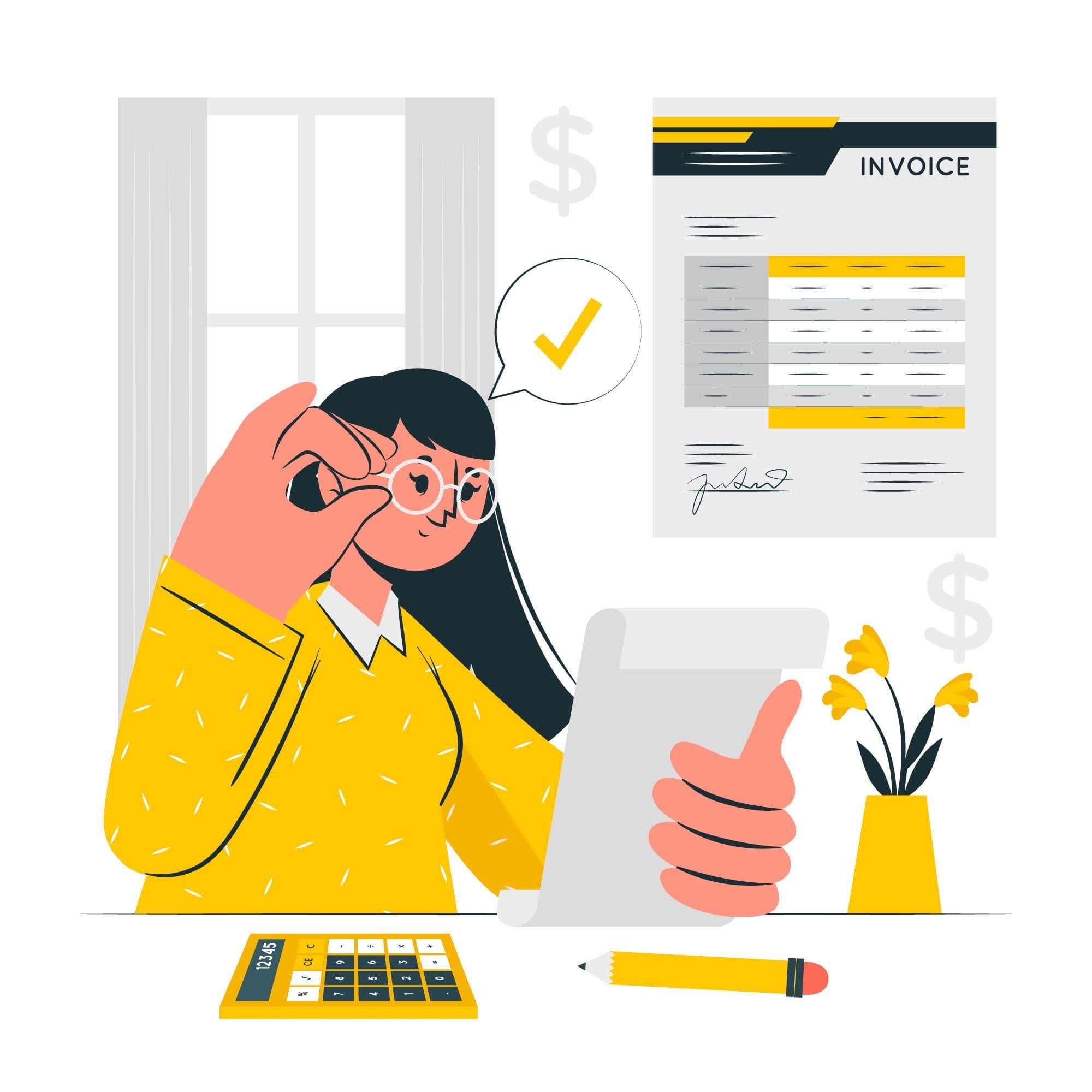How does Invoice Financing work for a company?
Published on 2021-11-15
Category: Business Loans
Share via
At times businesses fall into hard times and look for new outlets that would provide them with cash flow to lift them out of difficult situations.
Invoice financing (also termed as receivables financing or accounts receivable financing) is a way to obtain a loan against the dues customers owe to the business. Invoice financing for small businesses, in particular, can invigorate cash flow, pay wages to workers, dues to suppliers and pour money into operations and business expansion. This works as a better alternative to sitting around and waiting for customers to repay you for your services, especially if you cannot acquire other forms of business credit.
So, if your business services a customer on credit, it means that they don’t have to pay immediately on the purchase of goods and services. The customer is handed an invoice that has the total amount with a mention of the date the bill is due. This practice can tie up the funds of your business, and you might be unable to reinvest that cash into what matters most, your business. To obtain financing on customer accounts that pay slowly, invoice financing helps obtain liquidity in the short term and fund business goals.
The most commonly found element in invoice financing is invoice factoring or invoice discounting.
What is invoice factoring?
Essentially, invoice factoring means a business selling the outstanding dues to a lender who would pay 70% to 85% of the value of the invoices, upfront. When the lender obtains full payment of the invoices, they will pay the remaining 15% to 30% of the invoice accounts to the business, while the business will pay interest or fees for this service.
What is the difference between invoice financing and invoice factoring?
Invoice factoring is a type of arrangement applied when the business practices invoice financing. In invoice factoring, the outstanding dues are collected by lenders after the business has pledged the worth of these dues as collateral and collected a portion of the value in cash, upfront. While invoice factoring might be way out of a crisis, it might alert your customers to the fact that a third party (the lender) comes to collect dues instead of the business itself. This exercise could reflect badly on the business.
An alternative to circumvent this possibility would involve the business and not the lender, collecting payments from customers. The customers are left unaware and the image of your business stays intact. Additionally, lenders will increase the upfront amount up to 95% of the invoice. So, when clients finally do pay their invoices, the business repays the lender, subtracting a fee or interest amount.
How does invoice financing work for a company?
The practice of invoice financing is contingent on a couple of factors like the size of a company, past history, quality of the clientele, financial capacity of the clients whose payments are due, invoice practices and bookkeeping. When these factors are healthy businesses can comfortably indulge in invoice financing. This scheme offers up unpaid invoices as collateral for financing. Compared to a line of credit that is might be unsecured this offers consolation to lenders as it reduces risk. However, if the collection is difficult the bank and the business practising invoice financing are forced to become a part of an expensive and time-consuming collections exercise.
How does invoice financing work?
Invoice financing as a potential option for your business is determined based on the position your business finds itself in and the working capital it requires to function well. Pledging your invoices as collateral can give you the working capital, lower the time and effort spent on collecting payments and is a cheaper way to raise money (even in difficult credit markets).
To reach the lender who is right for you in a sea of different options can be an uphill climb. CapitalBoost can help you and your business navigate this territory and aid in making the most out of invoice financing.
Tags: Invoice financing, Receivables financing, Accounts receivable financing, Invoice financing for small businesses, Invoice factoring, Invoice discounting,
How does invoice financing work?, Invoice factoring definition, Invoice financing for small business, What is invoice financing, Invoice financing vs factoring
Visit us https://local.google.com/place?id=13208792946264494566&use=posts&lpsid=CIHM0ogKEICAgIDmgMzI0wE
Follow our Facebook page - https://www.facebook.com/capitalboostau
Recent Posts
Published on 2025-05-21
Balloon Payments vs. Regular Repayments: What’s best for your business?
Choosing the right loan repayment structure is crucial for your business’s financial health. In this guide, we compare t...
Published on 2025-04-25
Unsecured Business Loans for Tradies and Contractors in Australia: A Survival Guide
In Australia and across the world, tradies and contractors often require flexible financing solutions to manage cash flo...
Published on 2025-03-22
Key Tax dates and Financial deadlines for Australian Businesses in 2024–25
Staying on top of key tax dates and financial deadlines is essential for Australian businesses to ensure compliance and ...
Need Help?
Call our experts on 1300 360 530, or







